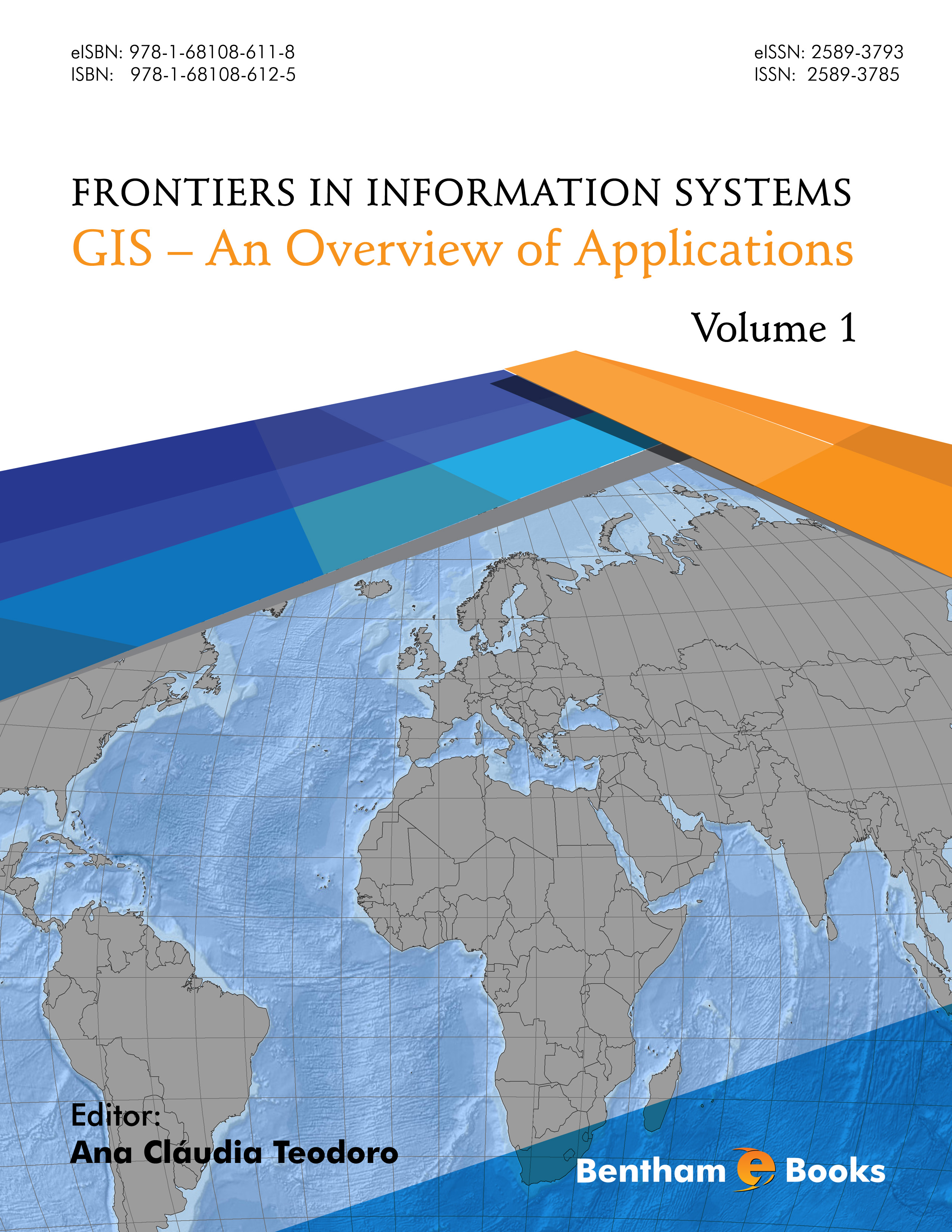Preface
This eBook is the result of a compilation of several advances in the different applications of Geographic Information Systems (GIS) technology to distinct areas. GIS is, in its essence, an applied science. The applications presented in this eBook were selected in an attempt to cover some of the most representative areas of action. Of course, from the reader’s perspective, some of them may be missed, but on the other hand, the reader may also be surprised by some of the applications covered by this eBook. From the start, the intention was to produce a compilation of GIS applications as heterogeneous as possible to show the universality of GIS. In this eBook, areas as different as land use and land cover changes, tourists’ destinations, pegmatite mapping, forest management, spatial biology, environmental applications, health monitoring and also open source GIS tools are covered.
This eBook also intends to be an updated tool over the state-of-the-art of the different GIS intervention areas. In other words, readers will have access to the latest advances of GIS technology in different areas.
In my opinion, one of the major gaps in the present bibliography about GIS is the lack of a compilation of this type, i.e. bringing together several and distinct application areas rather than focusing only on one area.
I think that the target audience of this eBook could be very broad. First of all, the scientific community will find a compilation of the most recent advances in GIS science; also students who could use this eBook as an auxiliary textbook for their classes, and finally companies that develop GIS solutions.
This eBook also means to outline the new trends of GIS. Some of the applications described are quite well-known, but others are very different and very original. In these cases, the reader will gain a new perspective of GIS.
I hope that this eBook will inspire others to compile original GIS applications.
Many thanks to all my colleagues.
Ana Cláudia Teodoro
Department of Geosciences, Environment and Land Planning,
Faculty of Science, University of Porto,
Rua Campo Alegre 4169-007 Porto,
Portugal

